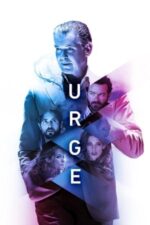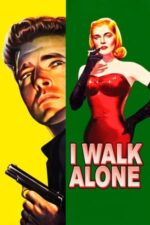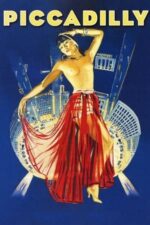I've always been fascinated by nightclub owners in film – these individuals who hold the keys to nocturnal kingdoms where dreams are born, passions ignite, and lives intersect. They're the heartbeat of the city, pulsating with rhythm and allure. From Broadway dancers rescuing their parents' small-town nightclub to bootleggers turned elite club owners in 1920s New York, these characters embody more than just business acumen; they represent a dream, an ideal, a way of life.
Let's start with "The Merry Gentlemen". It's not just about rescuing a struggling nightclub; it's about rekindling hope and faith in small-town America. The film reminds us that creativity can breathe new life into communities, and love can conquer even the most stubborn of challenges. This isn't mere escapism – it's a celebration of human spirit and resilience.
"Choose Me", on the other hand, delves deep into the murky waters of human relationships. The nightclub serves as a backdrop for characters wrestling with their personal demons of love and belonging. They dance in the shadows, trying to find their rhythm amidst life's complexities. Each character's journey is unique yet intertwined, reminding us that we're all navigating our own dance floor of emotions and desires.
Then there's "She Done Him Wrong", where Lady Lou reigns over her New York nightclub like a queen on her throne. Her story isn't just about outsmarting a criminal ex-lover but also learning to trust again, even under the unforgiving spotlight of public scrutiny. It's a tale of redemption set to the beat of jazz music, showcasing the power of second chances.
"Piccadilly", too, explores identity and resilience through its protagonist's transformation from anonymity to stardom. Her journey from the kitchen to the stage mirrors her personal evolution - from a passive observer to an empowered performer. The pulsating rhythm of London's dance scene serves as her backbeat, guiding her on this unforgettable journey of self-discovery.
In "I Walk Alone", we see friendship tested under pressure and ambition gone awry. Noll's betrayal serves as a chilling reminder that even the closest ties can fray when faced with temptation. Yet, Frankie's quest for redemption offers a glimmer of hope - proving it's never too late to make amends and seek forgiveness.
Finally, "Harlem Nights" places us squarely in the heart of 1920s organized crime. 'Sugar' Ray's fight against gangsters and corrupt law enforcement highlights the resilience required to survive in such treacherous times. Despite the odds stacked against him, he refuses to back down, embodying the spirit of defiance that characterizes much of American history.
These films, each unique in their narrative and setting, collectively paint a vivid portrait of the nightclub owner - a figure often caught between business pragmatism and personal passion, between public performance and private struggles. They remind us that behind every successful club is a story worth telling, full of drama, romance, betrayal, triumph, and above all, the rhythm of life itself.
So next time you step into a nightclub, remember you're not just entering an establishment; you're walking into someone else's dream, their battlefield, their stage. And perhaps, just perhaps, you too are stepping into a film scene waiting to unfold.































